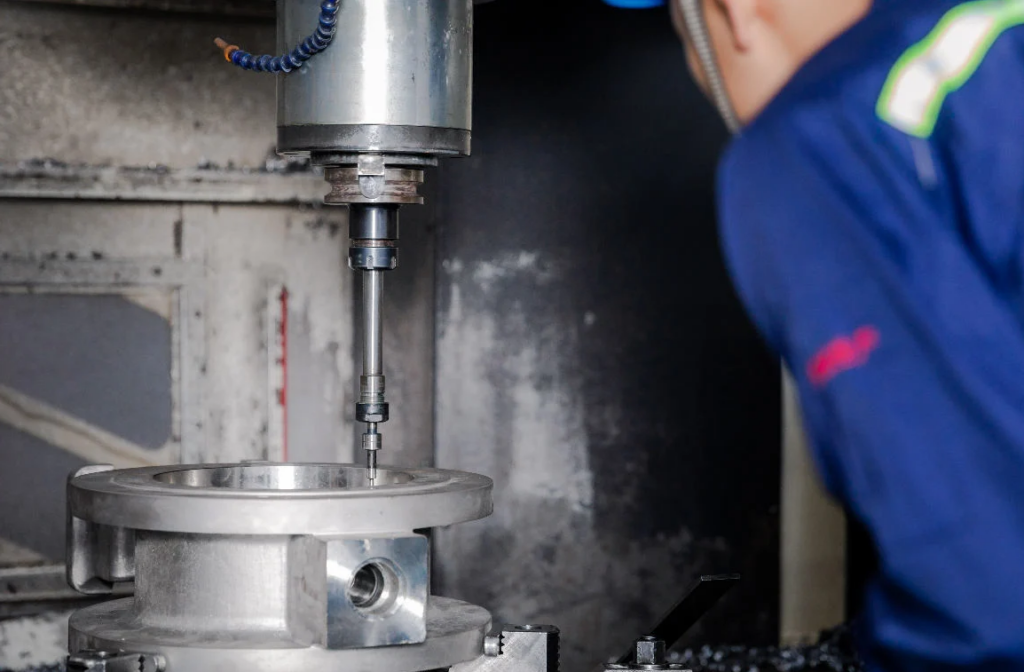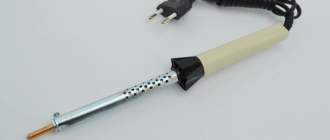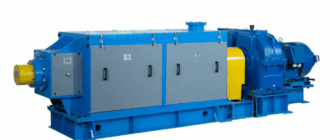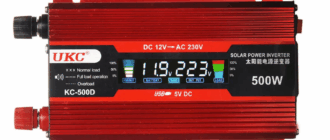
In the world of industrial applications, versatility, reliability, and efficiency are paramount. The effective control and regulation of fluid flow is essential in numerous industries, ranging from oil and gas to chemical and manufacturing. One critical component that plays a pivotal role in these processes is the API ball valve. This article explores the significance of these valves and highlights key aspects of API ball valve manufacturers in the industry.
Understanding API Ball Valves
API ball valves are designed to provide precise control and regulation of fluid flow in various industrial applications. Their versatility and reliability make them essential components in industries such as oil and gas, chemical processing, and manufacturing.
The API Ball Valve Advantage
Leakage Prevention: API ball valves are renowned for their excellent sealing properties. The ball-shaped disc inside the valve provides a tight seal when closed, preventing any leakage even in high-pressure and high-temperature environments. This ensures the safety of operations and minimizes product loss.
Corrosion Resistance: Industrial applications frequently involve corrosive substances. API ball valves are constructed using materials such as stainless steel and special alloys that exhibit high resistance to corrosion. This enhances their durability and extends their lifespan, resulting in lower maintenance costs.
Precise Control: API ball valves offer precise control over fluid flow rates, pressures, and directions, allowing operators to maintain optimal process conditions. The smooth operation of the ball within the valve body ensures accurate and responsive control, enhancing overall efficiency.
Versatility: API ball valves are highly versatile, suitable for a wide range of industrial applications. They can handle various fluids, including corrosive chemicals, gases, and liquids, making them indispensable in industries where flexibility is crucial.
Choosing the Right API Ball Valve Manufacturers
Selecting the right manufacturer for API ball valves is critical to ensuring the success and safety of your industrial processes. Here are some key considerations when evaluating potential suppliers:
1. Reputation and Expertise
Look for manufacturers with a solid reputation and extensive experience in producing API ball valves for industrial applications. Established manufacturers are more likely to deliver high-quality products and provide reliable customer support.
2. Product Quality and Certification
Ensure that the valves produced by the manufacturer adhere to industry standards and certifications, such as API 6D. Quality assurance is crucial, especially in industries where safety and reliability are paramount.
3. Customization Options
Industrial processes vary, and your valve requirements may be specific to your application. Choose a manufacturer that offers customization options to tailor the valves to your specific needs. This may involve materials, sizes, pressure ratings, end connections, or other specifications.
4. Technical Support and After-Sales Service
Consider the availability of technical support and after-sales service from the manufacturer. Timely assistance and maintenance support can prevent downtime and ensure the continued efficiency of your operations.
5. Collaboration with Industrial Valve Distributors
Working with manufacturers that collaborate with industrial valve distributors can provide added benefits. Distributors have in-depth knowledge of various industries and can help you select the most suitable valve for your specific application. Additionally, they can offer prompt and efficient access to valves and related components.
Conclusion
In diverse industrial applications, API ball valves play a crucial role in regulating and controlling fluid flow. The versatility, reliability, and precise control they offer make them indispensable in industries such as oil and gas, chemical processing, and manufacturing. When selecting API ball valve manufacturers, consider factors such as reputation, product quality, customization options, technical support, and collaboration with industrial valve distributors. This will ensure that you find the best fit for your specific application, whether it involves hydraulic actuator valves or other industrial processes.






























